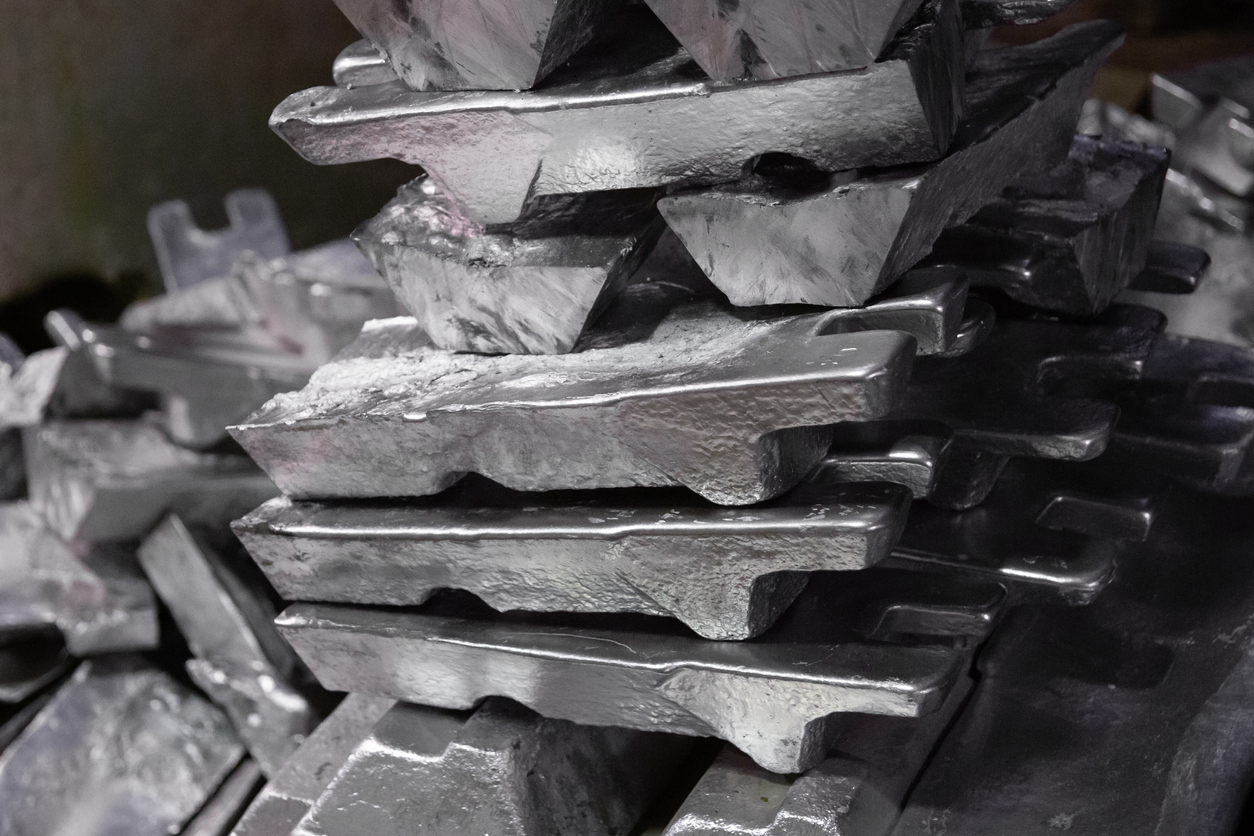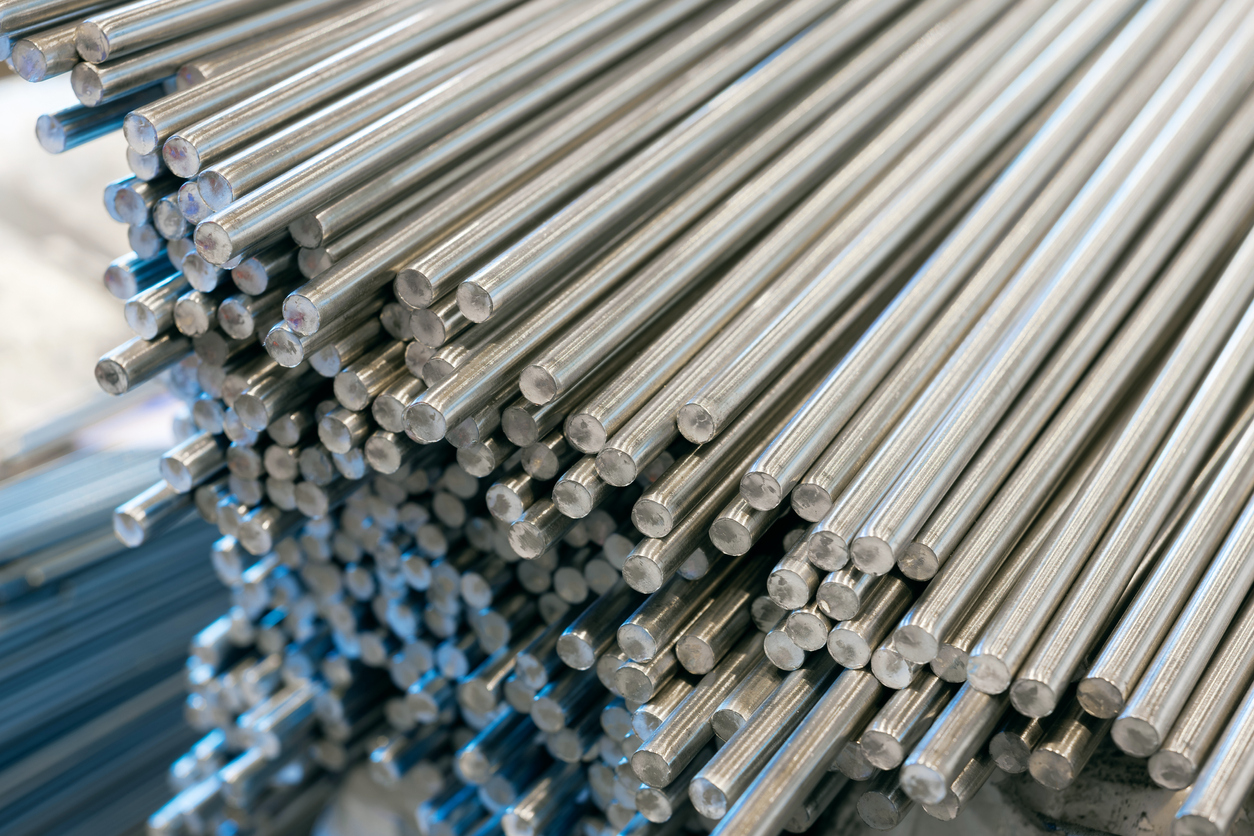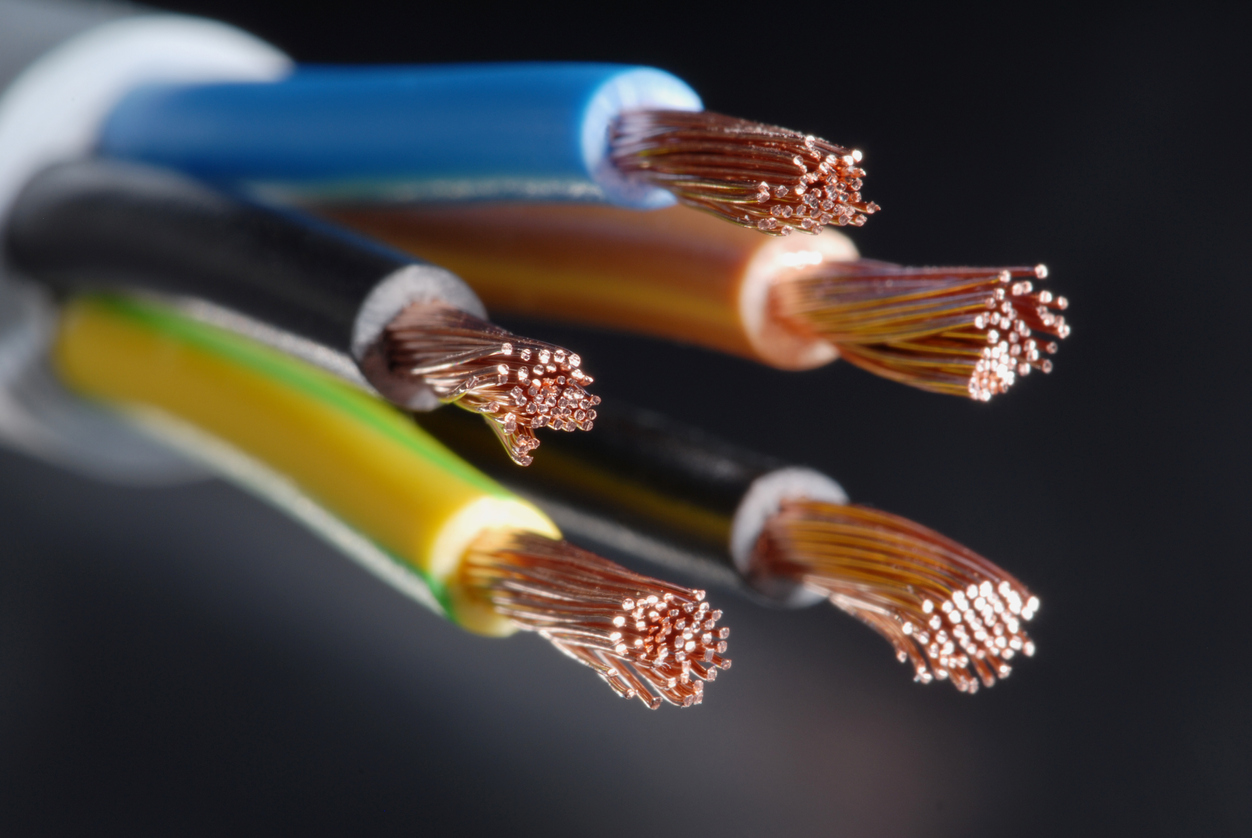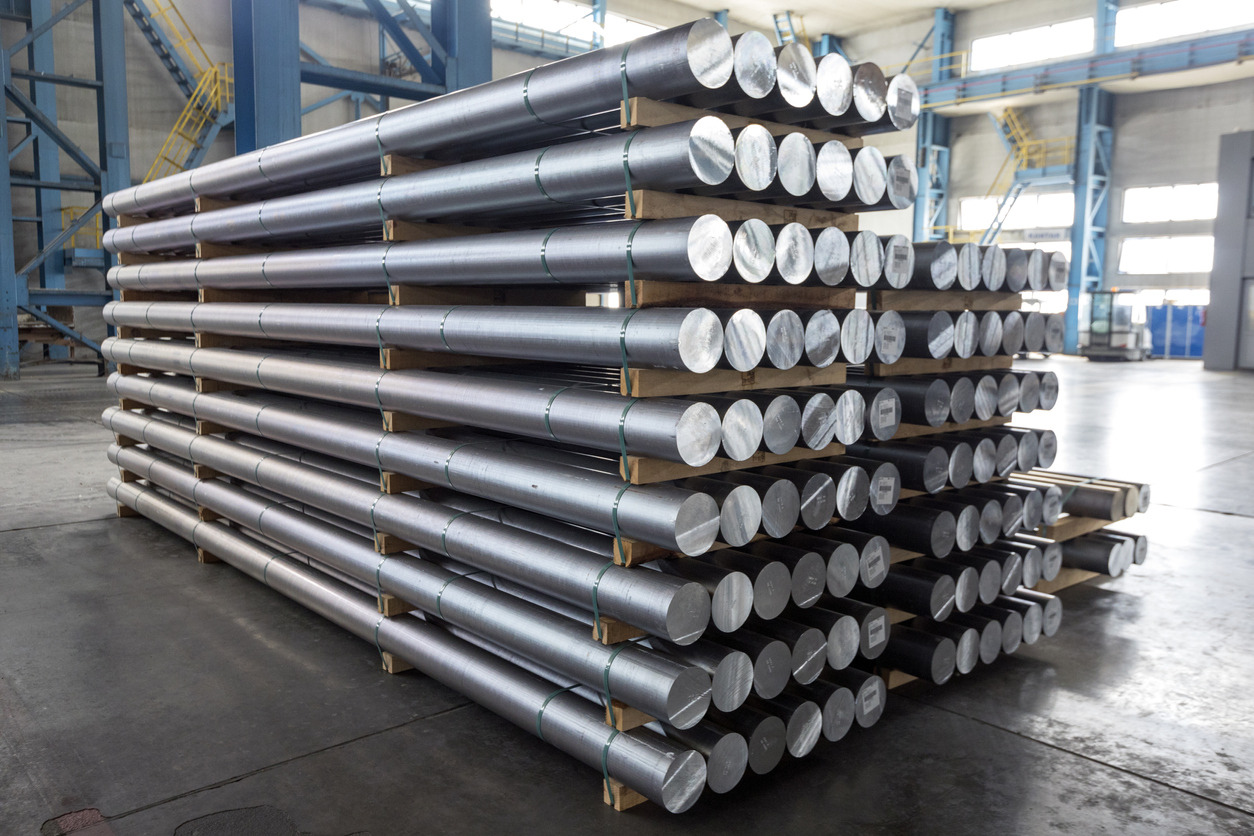Metals and Alloys Used for Corrosion Resistance
Metals are crucially important to many different industries. Manufacturers use a variety of metals as raw materials for their products, and they take care choosing the right ones for the job.
No two metals are the same; they all have varying properties that make them better suited to specific industries. Some are strong, others flexible, and some can withstand harsh environments effectively.
So, it’s imperative to know about these different properties and attributes when deciding which metal to use in manufacturing for their eventual purpose. Corrosion resistance is an essential consideration for many industries that require metals for these harsh environments.
What is Corrosion Resistance?
The environment can cause deterioration by chemical or electrochemical reaction. When a metal is resistant to corrosion, this can be avoided.
Corrosion can develop in liquids and gases, as well as increases in temperatures. An example of this is the presence of chlorine, which encourages the formation of hydrochloric acid or sulphur. Corrosion occurs when the material is oxidised by substances in the environment, causing the material to lose electrons. Corrosion-resistant metals can withstand this deterioration and chemical breakdown that would otherwise occur in a particular environment.
Corrosion Resistant Metals and Alloys
Some metals and alloys are more resistant to corrosion than others, and there are also ways that metals can be protected from corrosion through the use of painting and hot dip galvanising. Here is a look at some of the more corrosion-resistant metals and alloys and their industry uses.
Stainless Steel
Stainless steel is an alloy of iron with a minimum of approximately 11% chromium. Unlike carbon steel, stainless steel does not suffer from corrosion when exposed to wet environments. Carbon steel rusts when exposed to a combination of air and moisture. In contrast, stainless steel’s chromium component forms a microscopically thin, inert surface film that reacts with the oxygen in the air to block diffusion on the steel surface, preventing corrosion. Stainless steel is 200 times more resistant to corrosion that steels without chromium.
Properties & Features
As well as being corrosion-resistant, stainless steel is also known for its high strength and durability, resistance to high and low temperatures, low maintenance, easy formability and fabrication and environmentally-friendly properties in that it is 100% recyclable.
As a result, stainless steel is useful in thousands of different applications across a wide range of industries.
Industry Uses
In the domestic sector, you will find stainless steel in cutlery, sinks, pans, washing machine drums and razor blades. This is due to its corrosion resistance, because it is used in food preparation and will consistently be coming into contact with moisture and fluctuating temperatures. In addition, stainless steel does not affect the taste of the product.
Civil engineering also takes advantage of stainless steel properties in the form of cladding, handrails, door and window fittings, reinforcement bars, lighting columns and supports. It can also be found in transport, being used in exhaust systems, car trim, ship containers and refuse vehicles. The pharmaceutical industry may also use it for pressure vessels, and, in medicine, surgical instruments are frequently made from stainless steel.
To manufacture specific parts you need from stainless steel, Dean Group can help. With our experience in manufacturing investment castings, we can cast a large range of stainless steels, so take a look at our materials and technical information to find out more.
Copper
Copper is a soft, malleable and ductile metal with high thermal and electrical conductivity. Often used as a building material due to its conductive properties, it is one of the few metals that can occur in nature in a directly useable form.
Properties & Features
Copper is reddish/orange in colour, but when exposed to air can gradually tarnish to a dull, brown colour. However, this surface oxidation only affects the appearance of copper and not the matrix of the metal. Therefore, the metal itself does not deteriorate, making it corrosion-resistant.
Aside from being a great conductor of heat and electricity, it is also easy to alloy, hygienic, easily joined, ductile, tough, non-magnetic, recyclable and catalytic.
Copper’s alloys brass and bronze also have similar corrosion resistant properties.
Industry Uses
Copper is used in building construction, power generation and transmission. Copper wiring and plumbing are integral to many industries, used for heating and cooling system, telecommunication links and in everyday homes and businesses.
Its resistance to weathering and soil corrosion make copper the ideal metal for roofing and plumbing applications, and its antimicrobial properties make it popular for doorknobs and handrails in public places.
Aluminium
Although aluminium is a very reactive metal, it is highly resistant to most environments and a variety of chemical agents. This silvery-white metal is part of the boron group and is the third most abundant element.
Properties & Features
Aluminium is lightweight, about a third of the weight of steel, which can cut costs in manufacturing. It has excellent heat and electricity conduction and is a great light reflector. Aluminium is ductile, has a low melting point and density, is non-magnetic, non-toxic and recyclable.
Aluminium naturally creates a protective thin oxide coating to keep the metal from coming into contact with the environment, making it useful for applications where it is exposed to corroding agents.
Industry Uses
Aluminium has a wide range of uses in products including cans, foil, kitchen utensils and aeroplane parts. It is a metal that can be easily cast, machined and formed, due to it being the second most malleable metal and the sixth most ductile.
Aluminium also makes an excellent choice for electrical transmission lines as it is cheaper than copper and a good conductor. But its corrosion resistance makes it especially beneficial in the electrical industry due to being able to protect the cables from external elements.
If you would like to learn more about specialised investment casting, including aluminium casting, so you can produce complex, detailed metal components, contact Dean Group today.
Registered in England VAT No: 146307478 Company Registration No: 1062820








